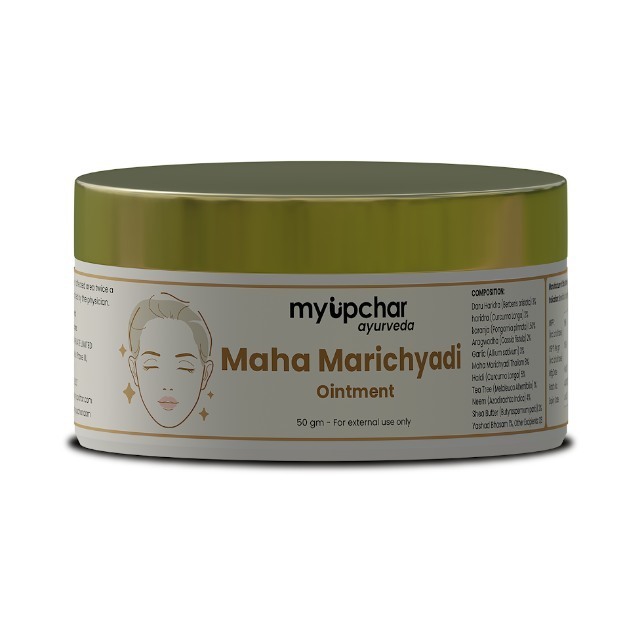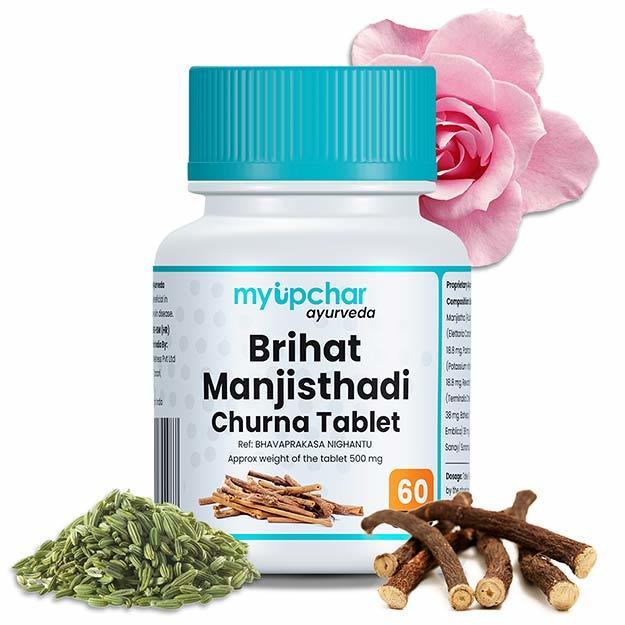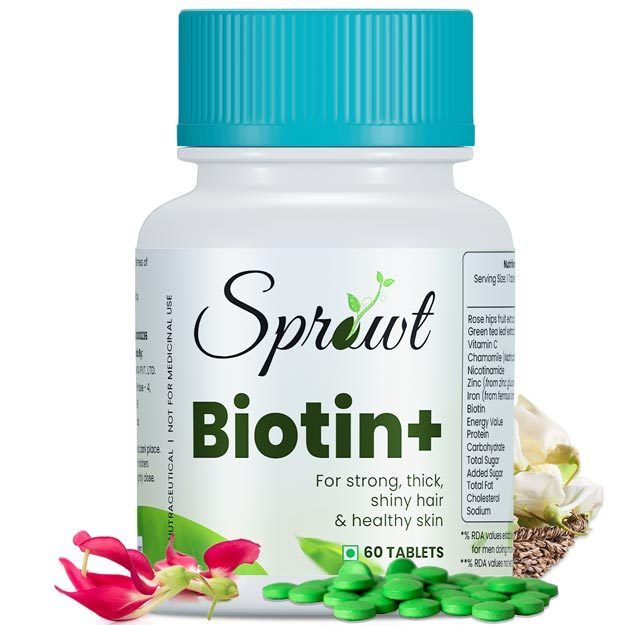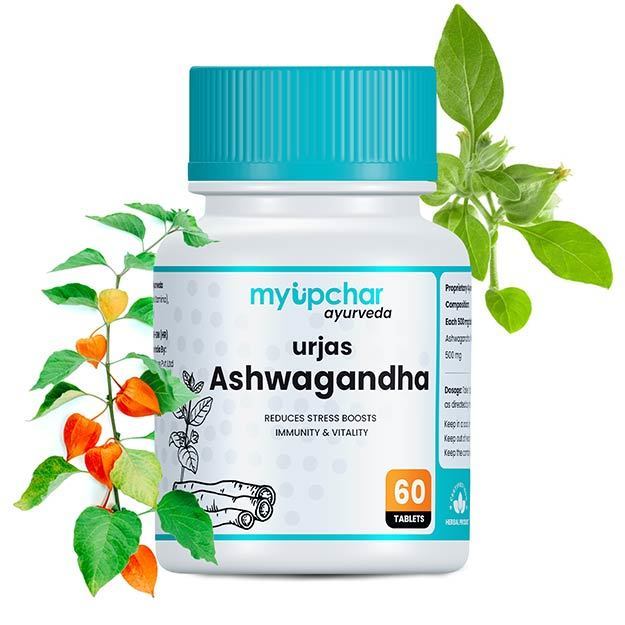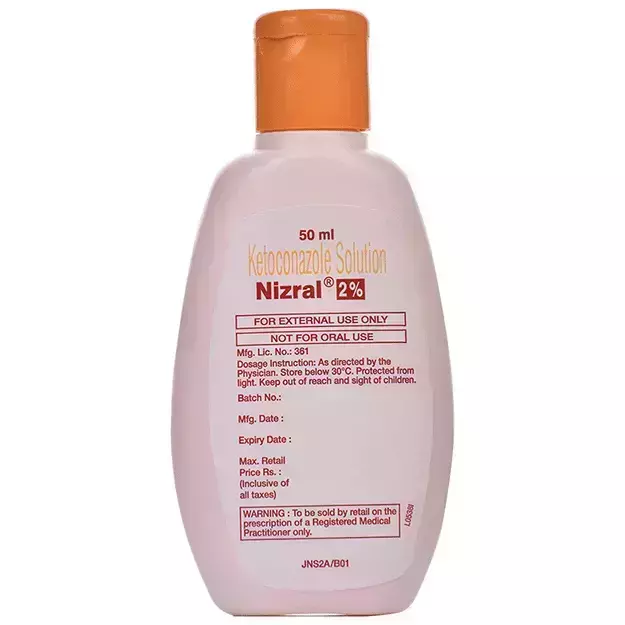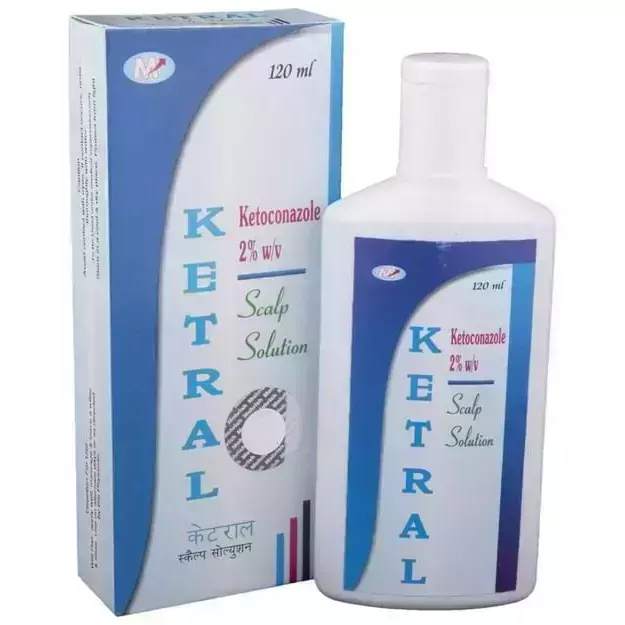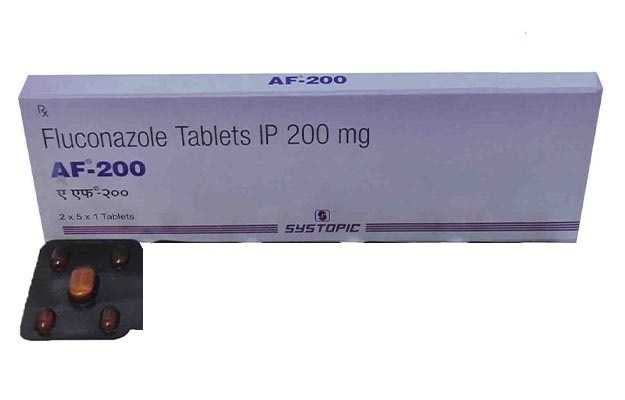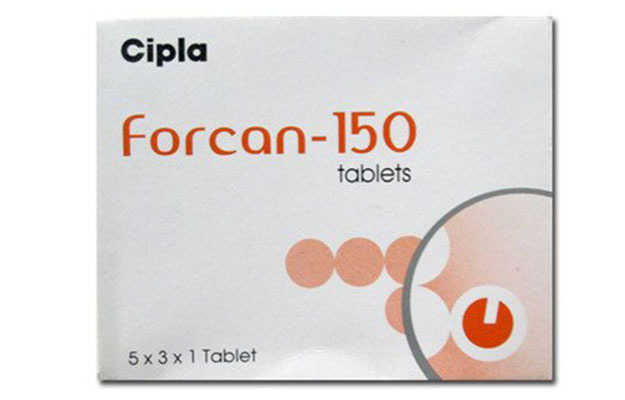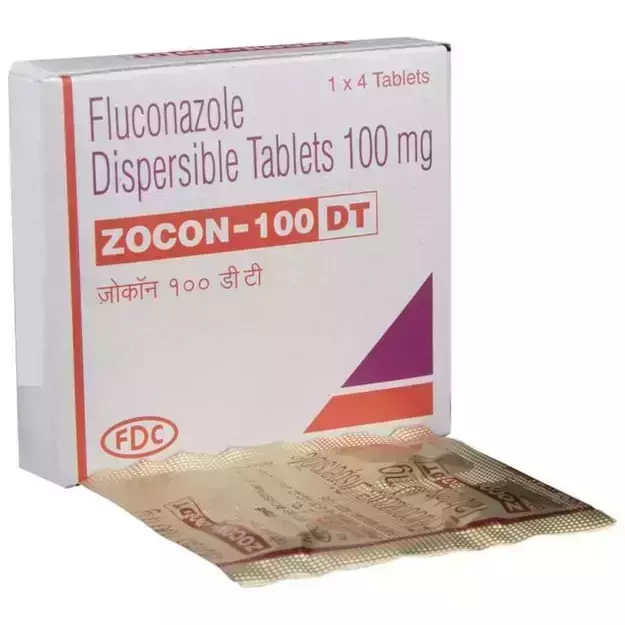Nizral Tablet (10) is a prescription drug, available for use as Tablet. It is primarily used for the treatment of Fungal Infections. Nizral Tablet (10) also has some secondary and off-label uses. These are listed below.
Medical history of the patient along with age and gender determines the dosage of Nizral Tablet (10). Dosage also depends on the route of administration and your chief complaint for which the drug is prescribed. Detailed information has been provided in the dosage section.
Apart from the aforementioned side effects, Nizral Tablet (10) can also lead to other problems, which have been listed below. These side effects of Nizral Tablet (10) are usually temporary and subside with the completion of treatment. If, however, they worsen or do not go away, please speak with your physician.
Nizral Tablet (10)'s effect during pregnancy is Moderate and Safe while nursing. Further, the section on Nizral Tablet (10) related warnings talks about Nizral Tablet (10)'s effects on the liver, heart and kidney.
Individuals suffering from medical conditions like Liver Disease must refrain from the use of Nizral Tablet (10) since this can cause severe adverse effects. The section on Nizral Tablet (10) contraindications lists all such conditions.
Besides this, Nizral Tablet (10) may also have severe interaction with some medicines. Refer to the list below for further details.
Along with the above-mentioned precautions, remember that taking Nizral Tablet (10) is considered not safe while driving, and is not addictive.
X

